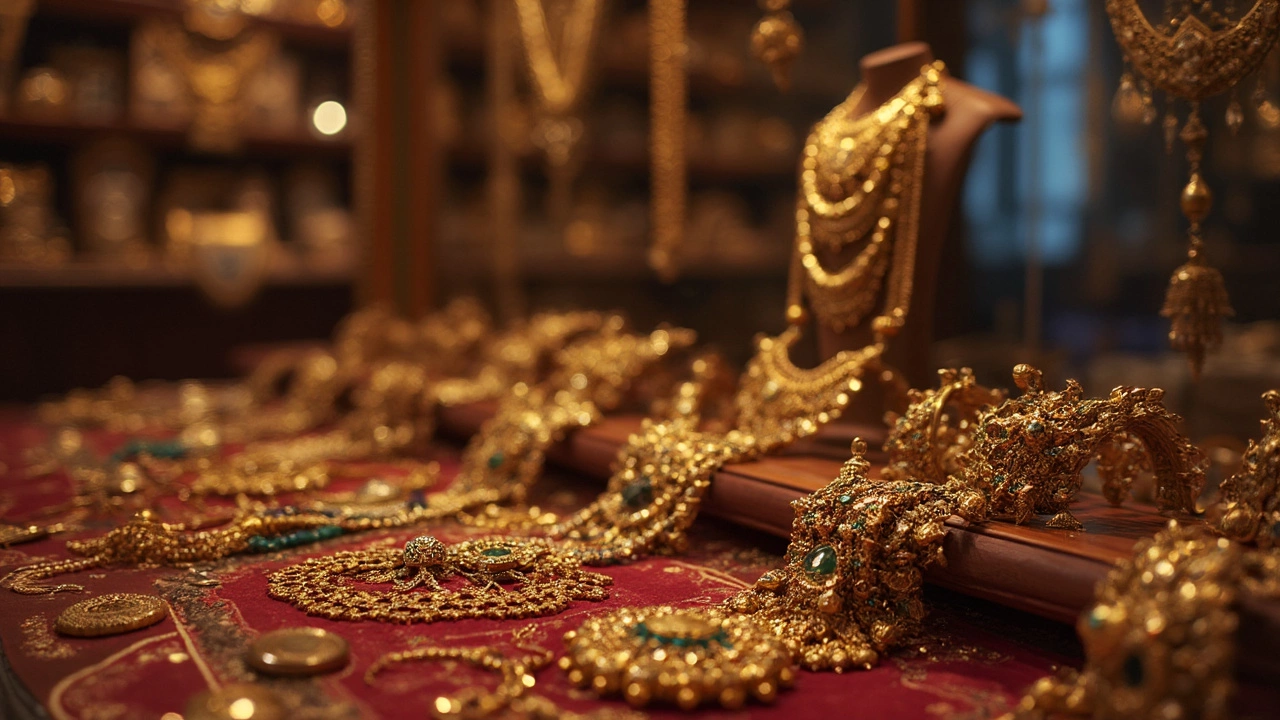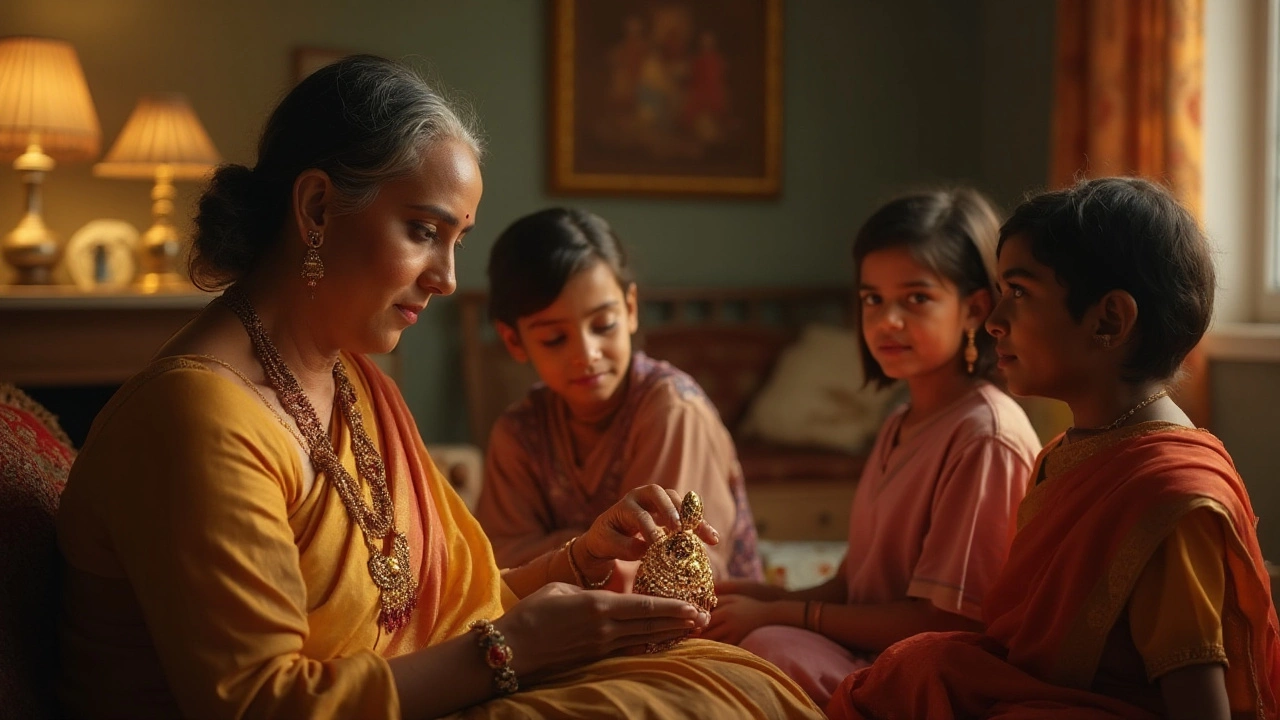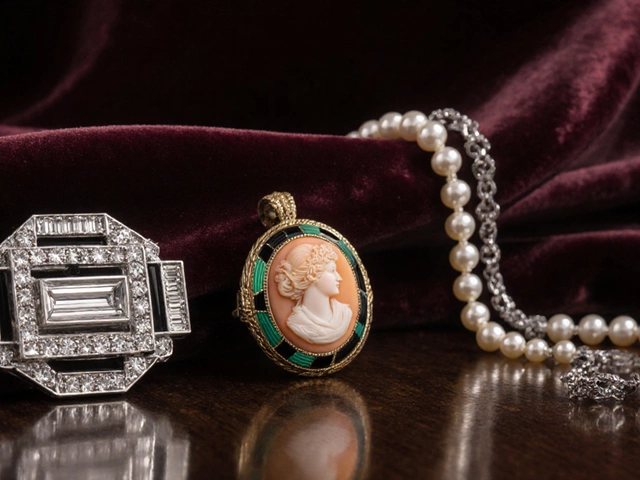Selling Tips for Jewelry Professionals
When working with selling tips, actionable advice that helps retailers move more product and build lasting client relationships. Also known as sales tips, it focuses on practical steps you can apply right away. A related concept is jewelry sales script, a ready‑made dialogue that guides conversations from greeting to checkout, while objection handling, techniques for turning customer doubts into buying reasons often determines whether a lead converts. Finally, mastering closing techniques, the final push that secures the purchase completes the sales cycle. In short, selling tips encompass effective scripts, require objection handling, and influence sales conversion.
Core Elements Every Retailer Should Master
First, a solid script sets the tone. It starts with a warm greeting, moves to probing questions about style preferences, and ends with a clear call‑to‑action. When the script mentions a piece’s unique material or cultural story, customers feel a personal connection that nudges them toward buying. Second, objection handling is not about arguing; it’s about listening, empathizing, and offering evidence—like warranty details or customer testimonials—that reassures the buyer. Third, closing techniques vary from the classic “assumptive close” ("Would you like it gift‑wrapped?") to the “scarcity close” ("We only have two left in this design"). Each technique matches a different buyer mindset, so mixing them boosts overall conversion rates.
Another often‑overlooked factor is visual storytelling. High‑quality images, close‑up videos, and short videos of artisans at work create trust and justify premium pricing. Pair these assets with the script’s “value proposition” line, and you give shoppers both facts and feelings. Remember, the goal isn’t to push a product but to help the customer see how the piece fits their life—whether it’s a daily wear staple or a marriage‑day heirloom.
Customer objections usually fall into three buckets: price, fit, and relevance. Price objections can be answered by breaking down the cost of materials, craftsmanship, and after‑sale services. Fit concerns are solved by offering easy size guides, try‑on policies, or virtual fitting tools. Relevance objections often stem from uncertainty about occasion appropriateness; here, a quick anecdote about a similar client’s experience works wonders. By aligning each objection with a targeted response, you turn hesitation into confidence.
Closing isn’t a single moment; it’s a series of small agreements. Ask for a small commitment first—like confirming the metal type—then build toward the final purchase decision. This “step‑by‑step close” keeps the buyer engaged and reduces the chance of a sudden back‑out. Also, never underestimate the power of a genuine thank‑you. A sincere expression of appreciation leaves a positive impression that can lead to referrals and repeat business.
When you combine these elements—script, objection handling, storytelling, and layered closing—you create a repeatable sales process that scales. It also gives new team members a clear roadmap, shortening onboarding time and ensuring brand consistency across every customer interaction.
Below you’ll find a curated collection of articles that dive deeper into each of these topics. From complete sales scripts to real‑world objection handling examples and proven closing phrases, the resources are designed to turn theory into action and boost your bottom line.

How to Sell Antique Jewelry Without Getting Ripped Off
Selling antique jewelry can be a rewarding yet challenging experience. To navigate the process without falling for traps, you'll need to understand the value of your pieces and the market dynamics. This article provides practical tips to sell your treasures at a fair price. Learn about appraisals, finding trustworthy buyers, and how to negotiate effectively.
read more
Maximizing Profits: Selling Antique Jewelry for Top Dollar
Selling antique jewelry can be a lucrative endeavor if approached correctly. Learning about the pieces, understanding the current market trends, and getting a professional appraisal are essential steps. It's important to choose the right venue for sale, whether it's an auction house, online platform, or local jeweler. Patience and preparation can significantly increase the chances of fetching a high price for your valuables.
read more





